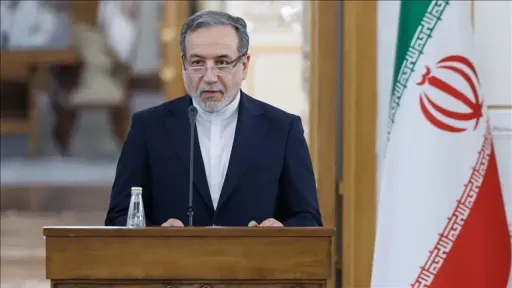Spain's Parliament chose Socialist leader Pedro Sanchez to form a new government on Tuesday, ending almost a year of political limbo for the eurozone's fourth-largest economy.
Sanchez won a cliff-hanger confidence vote 167-165, with 18 abstentions.
His party will lead a leftist coalition with the left-wing Unidas Podemos [or United We Can] party as a junior partner.
Sanchez needed the votes or abstention promise of an array of smaller parties to get past. His supporters in parliament erupted into a standing ovation when the result of the vote was announced in the Chamber of Deputies.
He and coalition ally Pablo Iglesias, the leader of left-wing Unidas Podemos, have said they will push for tax increases on high-income earners and companies and roll back labour reforms passed by a previous conservative government.
First coalition since democracy
The hair-line margin of victory has raised doubts about how long the coalition government will last, as its policies require regular parliamentary approval.
Coalition governments are common in Europe but it is Spain's first since the country returned to democracy in 1978, three years after the death of long-time dictator General Francisco Franco.
After nearly a year of caretaker governments, Sanchez won the simple majority. But without a solid majority in parliament, the coalition may struggle to pass legislation and will need to negotiate with other parties on a case by case basis.
"I trust that we can overcome the atmosphere of irritation and tension and that we can recover space for consensus and for agreement," Sanchez told parliament ahead of the vote.
Politicians had accused each other of pressuring lawmakers, in particular from small regional parties that said they would back Sanchez, to change their minds.
But in the end, the vote passed off with no surprises.
Sanchez won the backing of 167 of the 350 lower house legislators, while 165 voted against. The remaining 18 abstained.
Highly fragmented parliament
Sanchez's Socialist party, which came first in two inconclusive national elections in 2019, had failed until Tuesday to get parliament's backing and had in the meantime led a caretaker government that had little margin to push through policies.
The rise of new parties in Spain over the past five years has ended decades of dominance by the Socialists and conservative People's Party over Spanish politics, making the process of forming governments and keeping them in power far harder.
Together, the Socialists and Podemos have just 155 seats in the highly fragmented 350-seat parliament.
Their coalition was voted in thanks to some of the smaller parties, including the Catalan separatists of Esquerra Republic ana de Catalunya (ERC), who abstained.























